We’re excited to introduce you to the always interesting and insightful Martin Almiron. We hope you’ll enjoy our conversation with Martin below.
Martin, so great to have you with us and we want to jump right into a really important question. In recent years, it’s become so clear that we’re living through a time where so many folks are lacking self-confidence and self-esteem. So, we’d love to hear about your journey and how you developed your self-confidence and self-esteem.
My confidence was shaped from a very young age, largely thanks to my family environment and education. My mother, who runs a dance school called “Instituto Marynes,” was one of the biggest influences in my life. From an early age, I became involved in teaching and managing large groups, which helped me develop important skills in communication and working with people of all ages.
In addition to being a great professional, my mother has a strategic mind and always found ways to overcome challenges. From her example, I learned not to see problems as obstacles, but as challenges that can be overcome with creativity and perseverance. She is a very enthusiastic and optimistic person, always tackling difficulties with a positive mindset and never worrying excessively. This approach to life became a model for me, and it gave me the assurance that, no matter the difficulties, there is always a way to find solutions.
Over the years, my mother gave me a lot of autonomy to make my own decisions, which allowed me to learn from my mistakes and grow through them. This was crucial in developing a resilient mindset, which has stayed with me throughout my career and personal life. For me, confidence doesn’t come from avoiding failure, but from learning how to face it and keep moving forward. When something doesn’t go as planned, I don’t see it as the end of the road, but as an opportunity to find new ways to continue.
Additionally, growing up in a family where healthy competition and constant effort were part of daily life, I learned early on how to handle defeat and frustration. Knowing that the path isn’t always easy, but that every setback is an opportunity to rise stronger, helped me build that internal confidence that drives me to always keep pushing for self-improvement.
In summary, my confidence comes from a combination of my family environment, the lessons I learned from my mother, and the experience of facing challenges with a resilient mindset and a commitment to continuous learning.
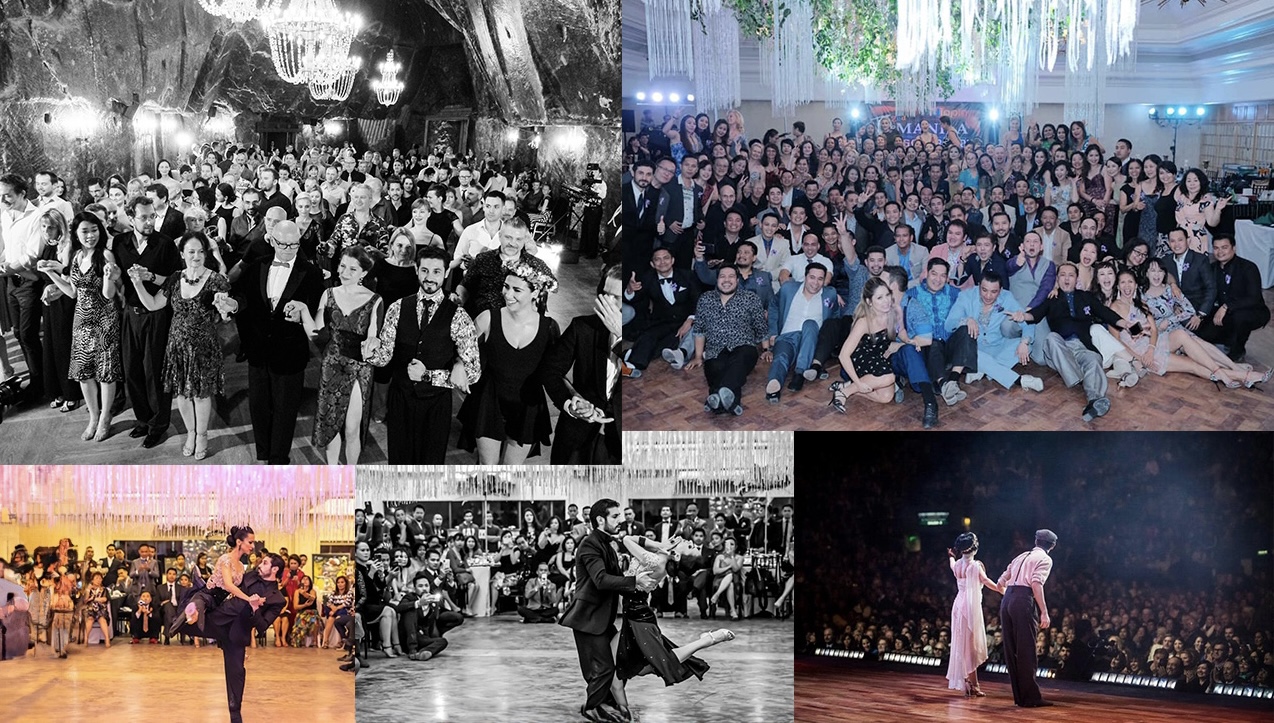
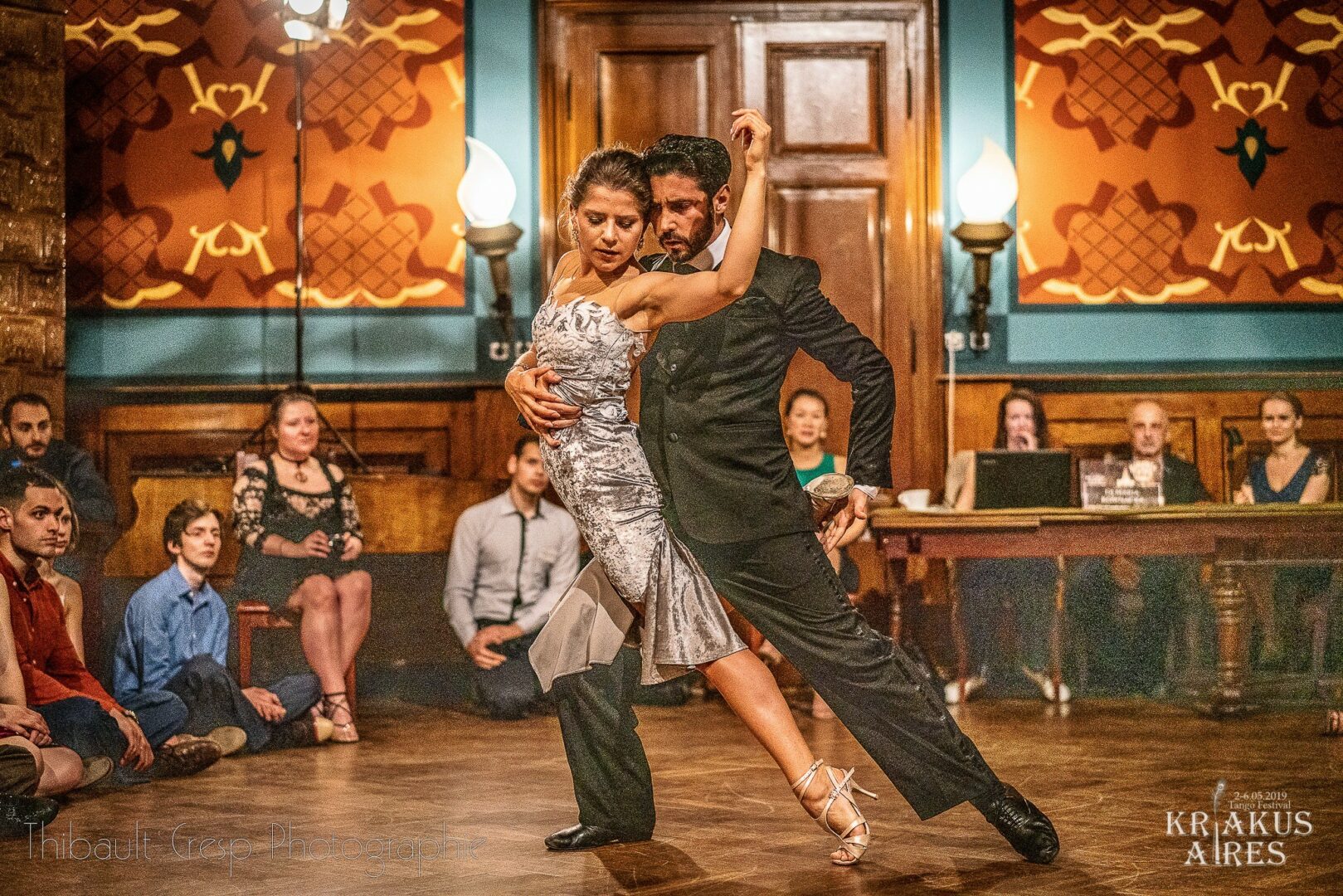
Appreciate the insights and wisdom. Before we dig deeper and ask you about the skills that matter and more, maybe you can tell our readers about yourself?
My name is Martín Almirón, and I am a tango dancer, choreographer, and educator with a rich and diverse international career. What excites me most about my work is the opportunity to not only perform but also to share my knowledge, culture, and passion for tango with people around the world.
I want to share with you the journey that has led me to become a five-time finalist in the Tango World Championship, an achievement that took years of dedication, perseverance, and hard work. Reaching such a high level in my art is not something that comes easily, and I’m proud of the effort it took to sustain myself at this level, continuously pushing forward even when things were difficult.
One of the highlights of my career was being the Dance Captain for the Broadway musical Evita. It was an incredible experience to bring tango to such a prestigious stage, and I had the honor of being part of a production that showcased the power and beauty of Argentine tango to an international audience.
Beyond my work on Broadway, I’ve had the privilege of touring throughout the United States, spreading my knowledge of tango as a teacher and sharing my passion as a performer. Some of the most prestigious institutions and events I’ve been a part of include:
* Harvard University: I was invited to teach and give masterclasses, which was an incredible opportunity to share my art with a new generation of dancers.
* The Argentine Civic Committee: I was invited to perform at their 9th Annual Gala, where I had the honor of dancing with the Vice President of the organization and receiving recognition for my work as a professional tango dancer.
* Julliard School: I was also invited to perform at this prestigious institution, further cementing my reputation as a versatile and respected artist.
I’ve performed in some of the world’s most renowned theaters and festivals, including:
* American Repertory Theater (USA)
* New York City Center (USA)
* Jazz at Lincoln Center (USA)
* John F. Kennedy Center for the Performing Arts (USA)
* Théâtre du Châtelet (Paris)
* Presidente Alvear Theater (Argentina)
* Cervantes National Theater (Argentina)
* National Theatre of Panama
* Ruben Dario National Theatre of Nicaragua
I’ve also worked with top choreographers and participated in prestigious performances such as Evita on Broadway, Chantecler, Azares del Quijote y Gardel, Evita Vive, and Evita Tango. Additionally, I have been invited as a choreographer for international productions and had the privilege of being the Tango Dance Captain for the new production of the rock opera Evita at the American Repertory Theater in Boston.
My passion for tango has also taken me to international festivals around the world, including:
* Cebu Tango Festival (Philippines)
* Abrazosur Festival (California, USA)
* Las Vegas Tango Festival (USA)
* Cita Congreso Internacional de Tango (Argentina)
* Bielsko-Biala Tango Festival (Poland)
* Thessaloniki Tango Festival (Greece)
* Time for Tango Festival (Slovenia)
* Manila Tango Marathon (Philippines)
* Krakus Aires Tango Festival (Poland)
* Burning Tango Festival (California, USA)
Looking ahead, I’m excited to announce that I will be returning as both a judge and a teacher at the Cebu Tango Festival in February 2025, where I will also be performing. It’s always an honor to connect with tango communities worldwide and contribute to the ongoing evolution of this beautiful art form.

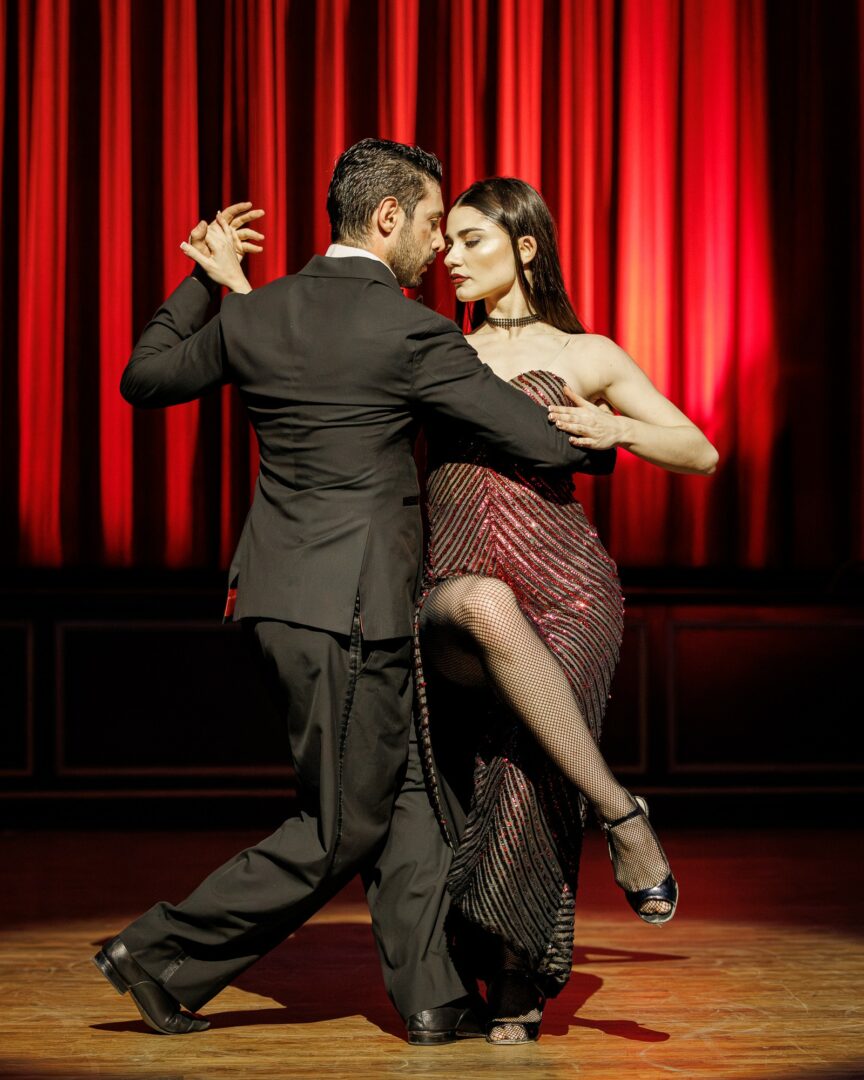
Looking back, what do you think were the three qualities, skills, or areas of knowledge that were most impactful in your journey? What advice do you have for folks who are early in their journey in terms of how they can best develop or improve on these?
Looking back, I believe the three qualities that have had the most impact on my journey are:
Continuous learning: I’m not just referring to learning about the tango discipline as a whole (such as technique, connection, and culture), but also to learning about the opportunities that arise in each market I encounter. Tango is an art that brings together people from all over the world, so learning to respect and adapt to the different cultures I interact with has been key to enriching my art. This approach has allowed me to connect better with audiences and colleagues from various cultures and backgrounds.
Social skills: Tango is much more than just a dance; it’s a form of communication. Having social skills has allowed me to interact effectively with people at all levels, whether in my role as a teacher or a performer. Whether leading a class, working with other dancers, or connecting with international audiences, the ability to read and adapt to people is essential. For those starting out, I recommend developing strong communication skills, not just to engage with other artists but also to build long-lasting relationships in the industry. Art isn’t created in a vacuum, and learning to work with others and connect with them is crucial.
Positive attitude and optimism: I’ve always approached life with enthusiasm and optimism. I’ve never seen challenges as impossible to overcome. This mindset has helped me stay motivated through difficult times and see each challenge as an opportunity to learn. For those just beginning their journey, my advice is not to be defeated by obstacles. The artistic life has its ups and downs, but maintaining a positive mindset and believing in yourself is essential for continuing forward and achieving great things.
Advice for those starting their journey:
Keep learning: Don’t limit yourself to what you already know. Take every opportunity to learn not just about your discipline but also about the environment you work in and the people you interact with. This will help you grow in a holistic way.
Develop your social skills: Don’t underestimate the power of human relationships in any field. Learn to communicate effectively and connect with others. Success doesn’t only depend on your technical skills but also on how you relate to people.
Maintain a positive attitude: Perseverance and optimism are key. If you can face challenges with an open and positive mindset, you will always find a way to move forward, even during difficult times.
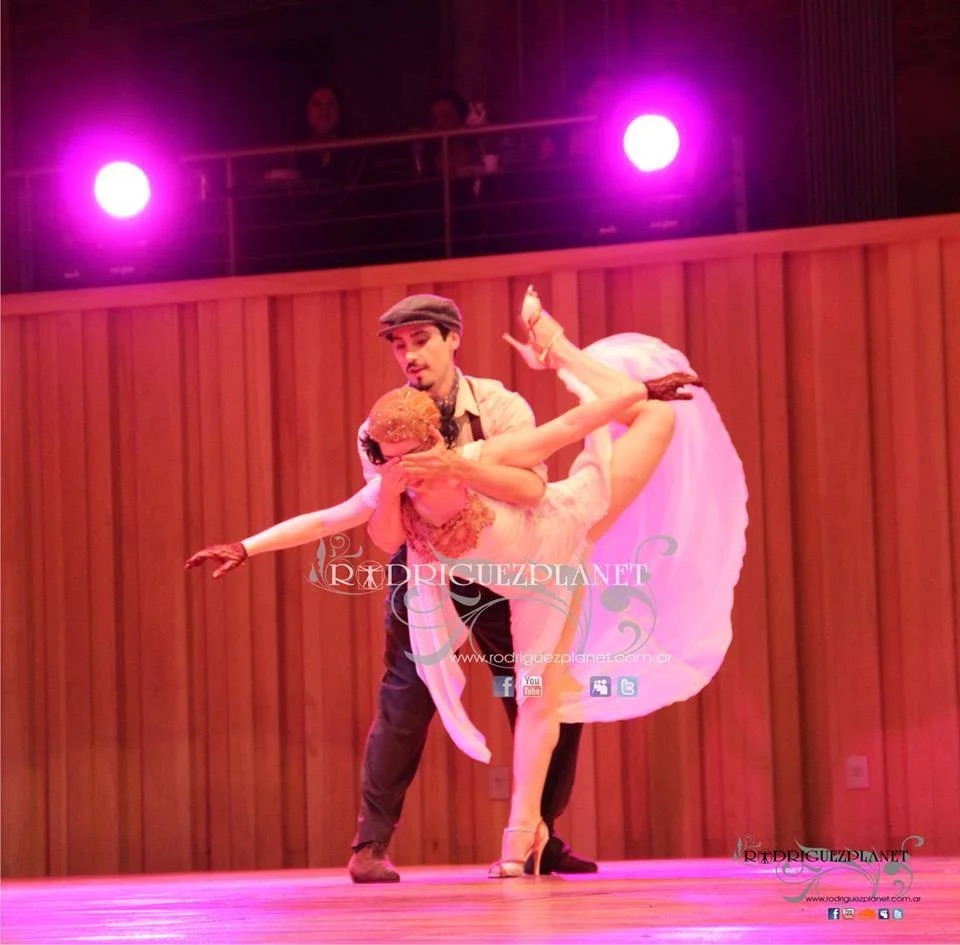
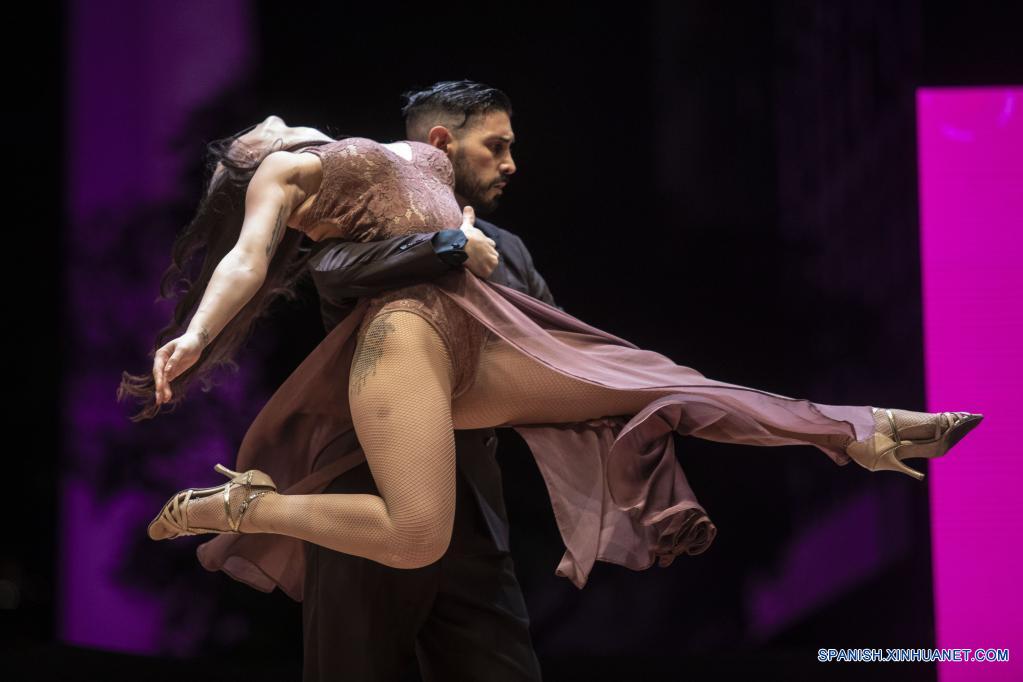
We’ve all got limited resources, time, energy, focus etc – so if you had to choose between going all in on your strengths or working on areas where you aren’t as strong, what would you choose?
I believe it’s important to focus on and leverage our strengths, as they are what will ultimately determine how far we can go in becoming the best version of ourselves. Our strengths are the foundation on which we can build our success, and investing in them will allow us to excel. That said, it’s also essential to maintain balance and take care of other areas of our work. However, the key is to do so without losing focus on what we do best. It’s about finding that sweet spot where we can nurture our weaknesses while still doubling down on our strengths.
Contact Info:
- Website: martinalmirontango
- Instagram: https://www.instagram.com/martinalmiront/
- Facebook: https://www.facebook.com/SMartinAlmiron/
- Youtube: https://www.youtube.com/@sergiomartinalmiron4986
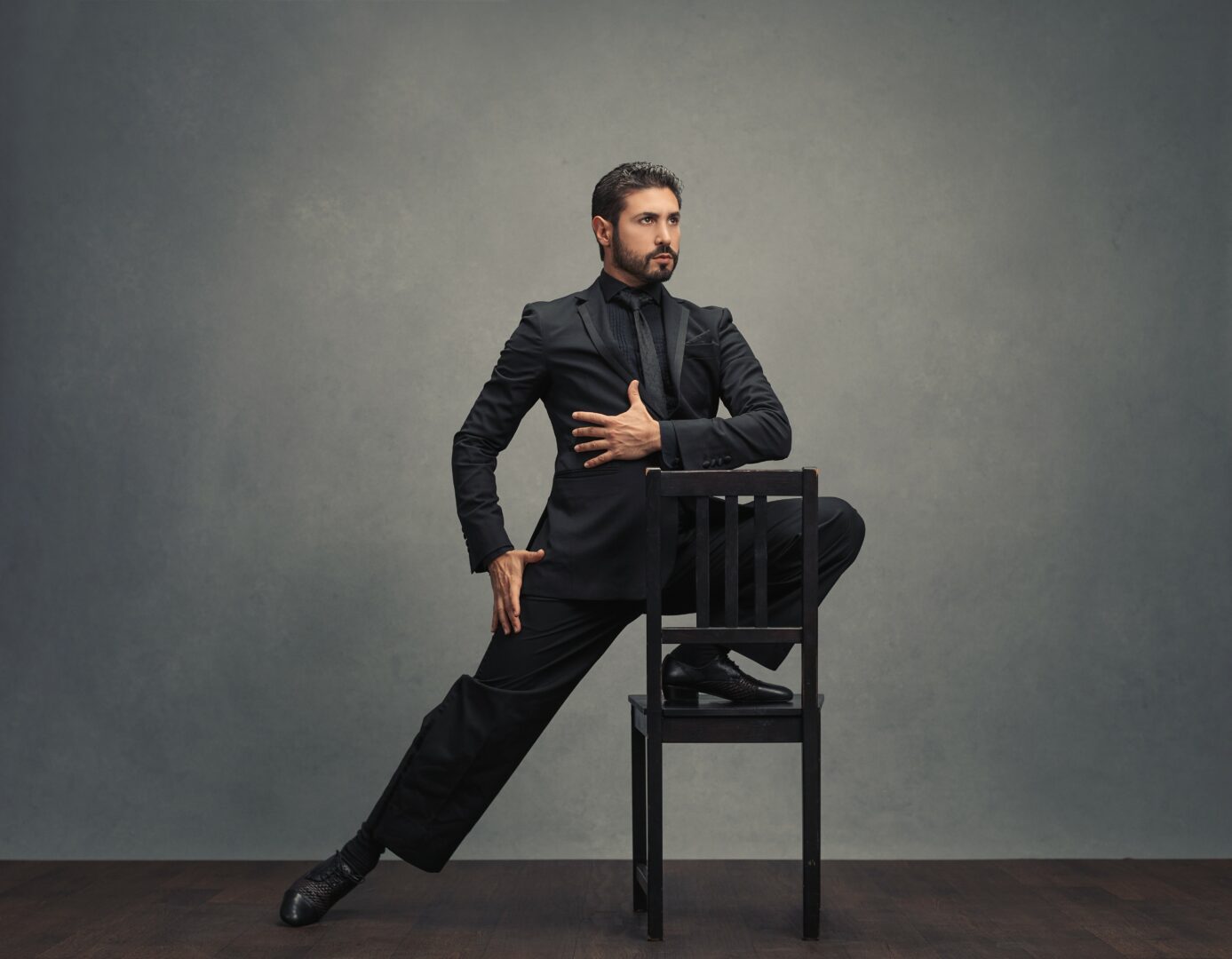
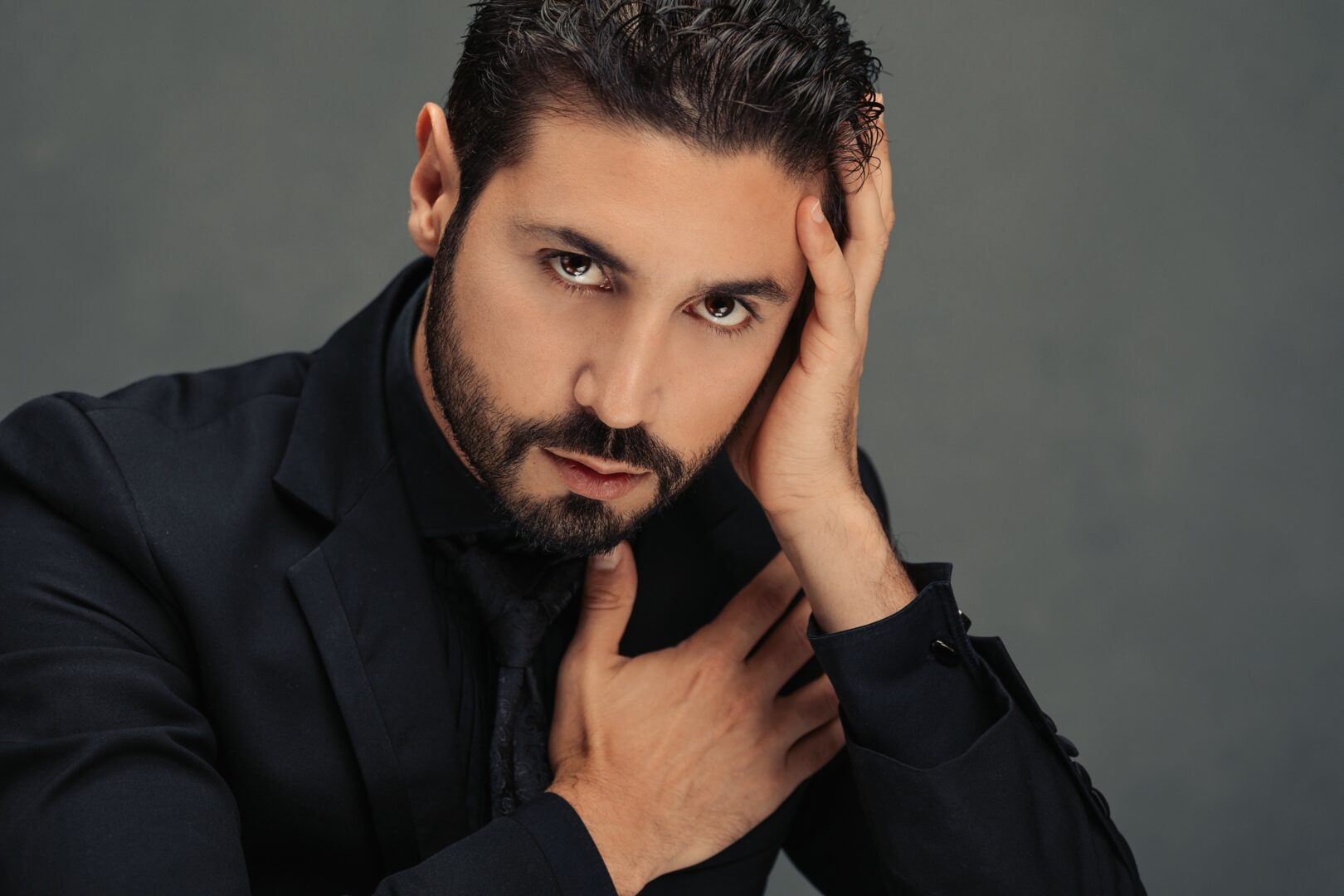
so if you or someone you know deserves recognition please let us know here.




